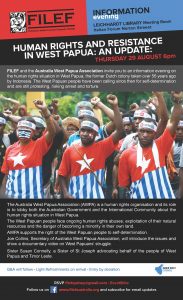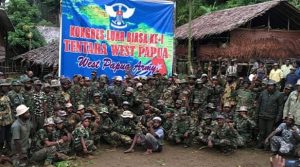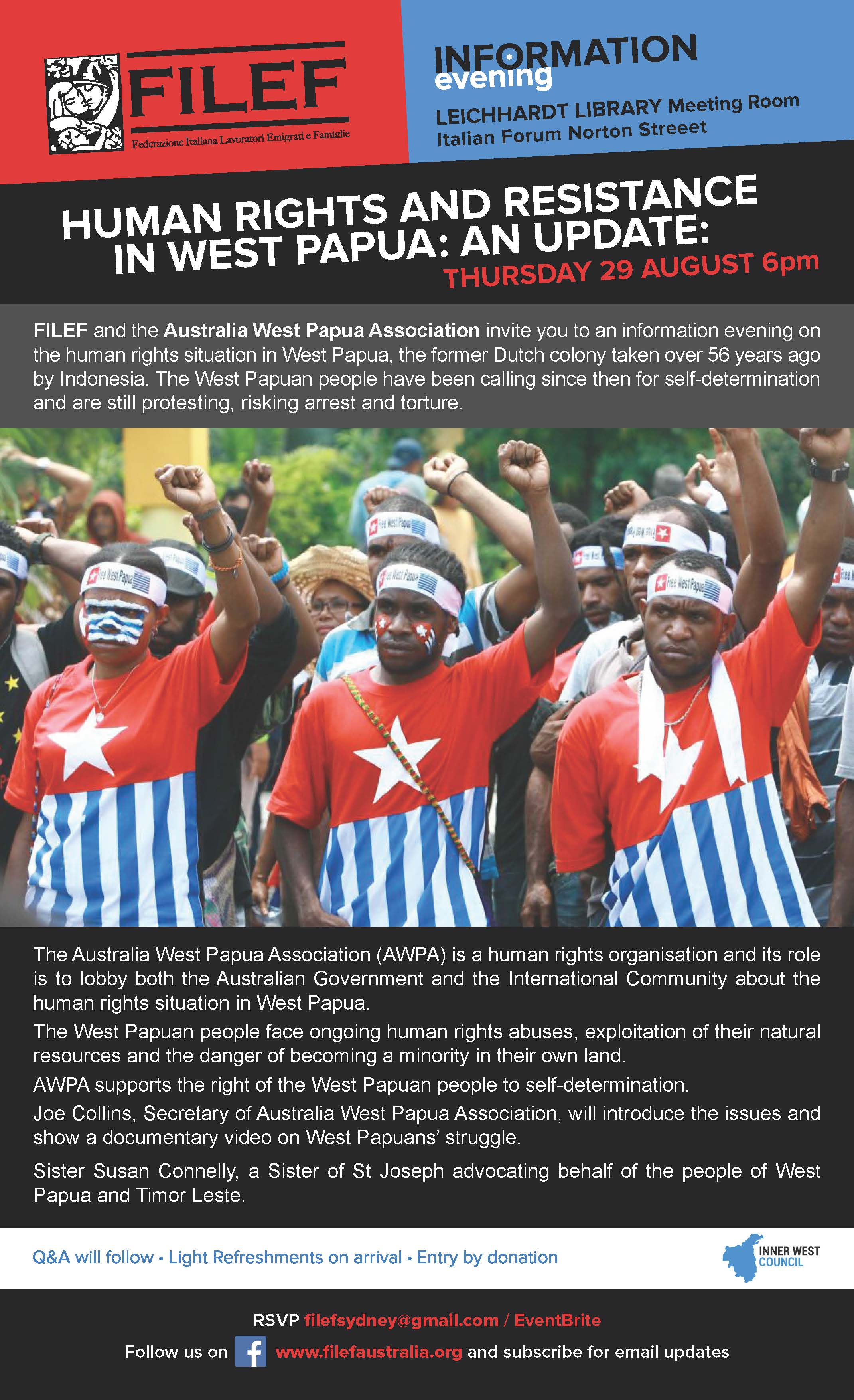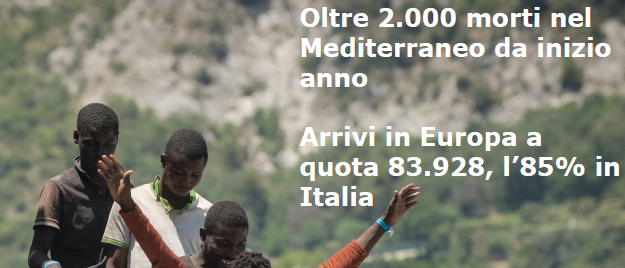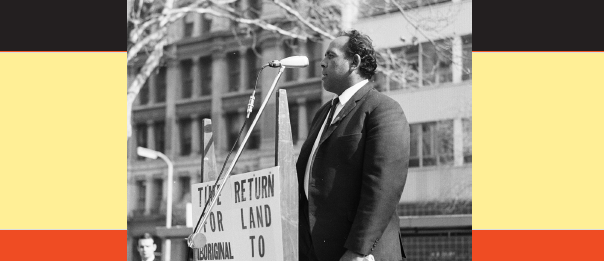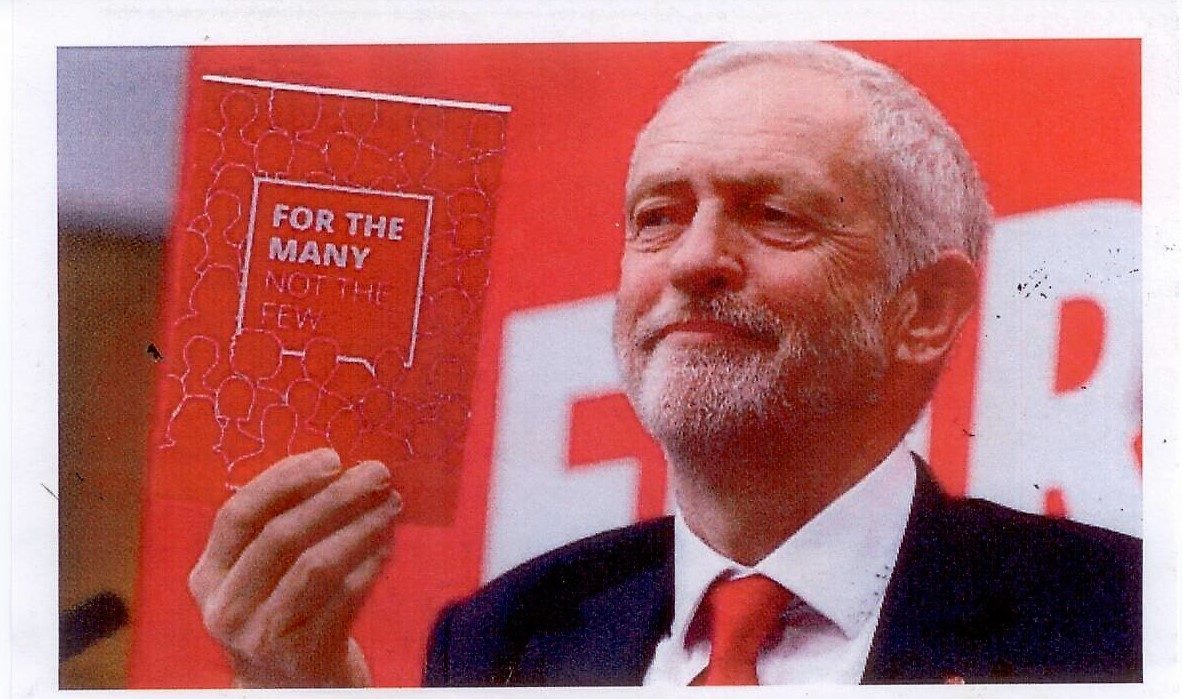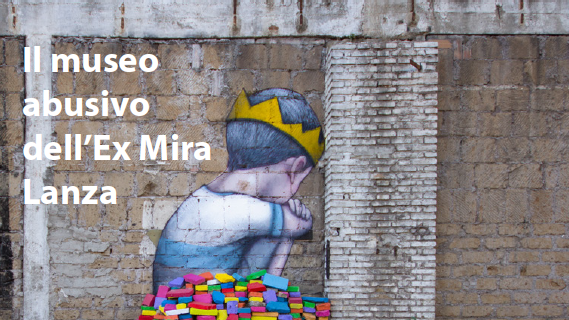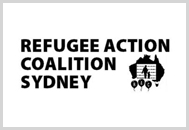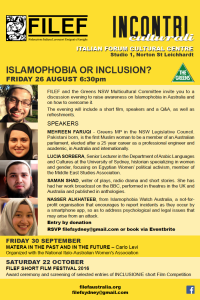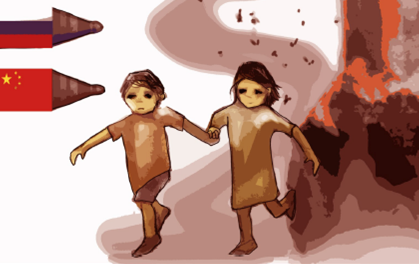Scarica il numero di luglio qua/ Download the July issue here:
NP luglio 17
L’EDITORIALE DI LUGLIO
Dopo l’alternanza, l’alternativa
Sembra che in Occidente si stia per esaurire la democrazia parlamentare forgiata dall’età industriale, che si dimostra sempre più incapace di gestire le politiche sociali ed economiche e di affrontare il problema dell’inquinamento, che è una parte del costo dell’industrializzazione ancora da
pagare.
Bisogna ricordare che l’età industriale è stata segnata da un lungo boom economico, nonostante le frequenti
oscillazioni, sostenuto dai proventi del colonialismo, dalla ricostruzione dopo due guerre mondiali, dall’impulso
consumistico. Tale boom era reso possibile dallo sfruttamento della classe operaia che, con le sue finora
corpose organizzazioni, era riuscita a moderare gli aspetti più brutali del capitale.
Oggi esiste una sindrome comune tra i governi occidentali, cioè l’incapacità di affrontare le difficoltà oggettive
della gente attraverso il rispetto dei diritti previsti dalle varie convenzioni internazionali e dalle Costituzioni più attrezzate e sensibili, come i diritti al cibo, all’acqua, alla casa e al lavoro, tanto per citare i più basilari.
Paradossalmente, il raggiungimento dell’apice della ricchezza, della produttività e della tecnologia, coincide,
anche nei paesi ricchi, con il ritorno a livelli di povertà, miseria e abbandono che sembravano estinti.
Le risposte che venivano dalle dinamiche parlamentari fra forze diverse collocate al governo o all’opposizione
non sembrano convincere gli elettori, che percepiscono sempre meno differenze fra le varie forze politiche
convenzionali . Perde fascino l’alternanza al governo fra partiti convenzionali o coalizioni di partiti, prende quota
la richiesta di alternativa, che si tratti di un Trump o di un Corbyn.
Le alternative sono possibili, ma non passano attraverso i sistemi distruttivi imposti dal capitale, che sta
trasformando i rapporti sociali ed economici, ma attraverso investimenti su progetti e servizi infrastrutturali legati ai diritti e ai bisogni della gente, e non all’esigenza del capitale di trovare occasioni di investimento sicure.
After alternating, the alternative
It seems that the effectiveness of Western parliamentary democracy, forged from the
industrial age, is waning as shown by its inability to manage social and economic
policies and addressing environmental pollution whose cost industrialization still
has to pay.
It must be remembered that the industrial age was marked by a long economic boom,
despite the frequent oscillations, supported by colonial income, the reconstruction after
two world wars, consumer demand and the exploitation of workers who through their organizations so far, had managed to moderate some of capital’s brutal aspects.
The common thread among Western governments is their failure to address people’s objective difficulties and ensure rights agreed in international conventions and in the better and fairer Constitutions, such as rights to food, water, home and work, to name the most basic.
Paradoxically, despite achieving increasing wealth, productivity, and technology even rich countries are seeing a return to a poverty, misery and abandonment that seemed to have been extinguished.
Responses from oppositional parliamentary dynamics do not seem to persuade voters, who perceive less and less differences between the various conventional political forces and instead of alternating between
conventional parties or party coalitions, are increasingly attracted to alternatives, whether they be a Trump or a Corbyn.
Alternatives are possible, but not those imposed by capital’s disruptive measures that are transforming social and economic relations. The current push is for infrastructure spending but it must be on projects and services related to people’s rights and needs, and not to capital’s need for safe and guaranteed investment opportunities.
